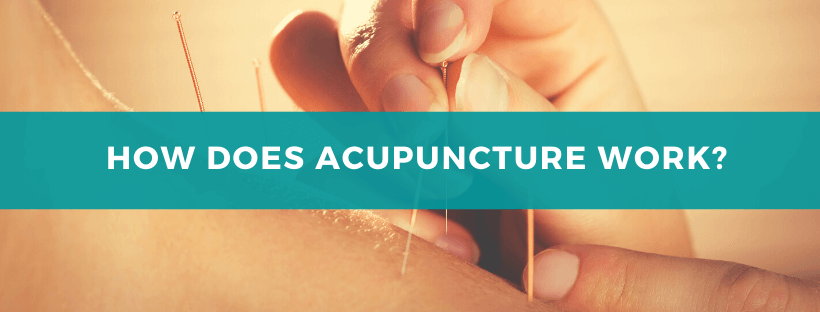Article Source: https://www.healthline.com/health/acupuncture-how-does-it-work-scientifically
Acupuncture sounds scary, but there's proof it could help -- a lot
If you’re new to holistic healing as a type of treatment, acupuncture can seem a bit terrifying. How could pressing needles into your skin possibly make you feel better? Doesn’t that hurt?
Well, no, it’s definitely not the overtly painful procedure you may be imagining, andconsideringthat it’s been studied and practiced for over 2,500 yearsTrusted Source, it seems acupuncture enthusiasts could seriously be onto something. Some people swear by acupuncture, citing it as a “miracle” to improving their quality of life because it’s said to be able to treat everything from depression and allergies to morning sickness and cramps.
If you listen to devotees, the prickly treatment sounds almost like a wonderful cure-all — but is it? Let’s take a closer look.
What is Acupuncture?
Acupuncture is an ancient Chinese medicine-based approach to treating a variety of conditions by triggering specific points on the skin with needles. Paul Kempisty, licensed acupuncturist with a MS in traditional Oriental medicine, explains, “[Acupuncture is] a minimally invasive method to stimulate nerve-rich areas of the skin surface in order to influence tissues, gland, organs, and various functions of the body.”
“Each acupuncture needle produces a tiny injury at the insertion site, and although it’s slight enough to cause little to no discomfort, it’s enough of a signal to let the body know it needs to respond,” Kempisty says. “This response involves stimulation of the immune system, promoting circulation to the area, wound healing, and pain modulation.” Contemporary research on acupuncture relies mainly on this theory.
What’s the philosophy behind acupuncture?
The Chinese philosophy behind acupuncture is a bit more complicated, as the ancient practice isn’t traditionally based in science and medicine. “They believed that the human body was filled with and animated by an invisible life-giving force which they called ‘qi’ (pronounced ‘chee’) and when the qi was flowing well and going to all the right places, then a person would experience good mental and physical health. When the qi was flowing incorrectly (blocked or deficient) that would result in illness,” says Kempisty.
The concept of qi isn’t too out there — think of it as your body’s natural inner workings. Sometimes you’re more prone to illness when feeling stressed or anxious. When you’re relaxed and healthy, your body physically reflects that too. After all, your mood, mental health, and general well-being do affect your physical health. Thus, acupuncture aims to assist people in achieving balance, or qi, and, as a result, provide relief for many ailments.
What Does Acupuncture Do?
You may be interested in acupuncture for a variety of reasons — for example, I sought treatment for my chronic headaches and sinus pressure — as there are countlessconditions and symptoms that acupuncture has been said to help with. Here are just some of the many claims:
○ allergies
○ anxiety and depression
○ osteoarthritis
○ chronic pain, often in the neck, back, knees, and head
○ hypertension
○ insomnia
○ menstrual cramps and PMS
○ migraines
○ morning sickness
○ sprains
○ strokes
Some studies even suggest that acupuncture can help with cancer treatment and multiple sclerosis, however research for these conditions is limited and requires larger studies to confirm the benefits.
While there’s no evidence that acupuncture is a miracle cure-all, it does seem to have some evidence as a worth-while treatment for people who may have multiple conditions and illnesses. There’s a reason it’s been around for more than 2,500 years and as research grows, so will our knowledge of exactly what works and what does.

Garth Reynolds, MSTCM, L.Ac.
Licensed Acupuncturist and Clinical Herbalist | Schedule Your Appointment
Martial Arts Instructors with Bagua Internal Arts | Local & Online Classes Weekly
#Acupuncture #PTSD #Anxiety #Stress #AcupunctureBenefits


